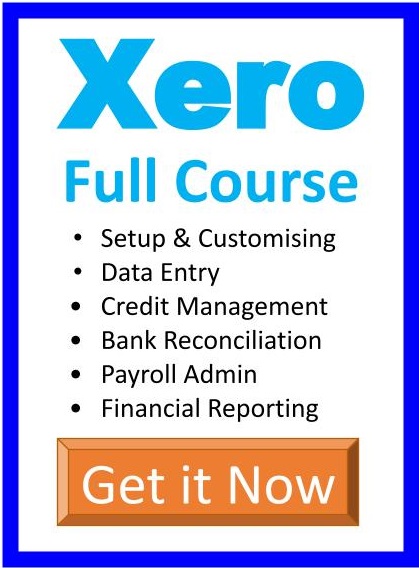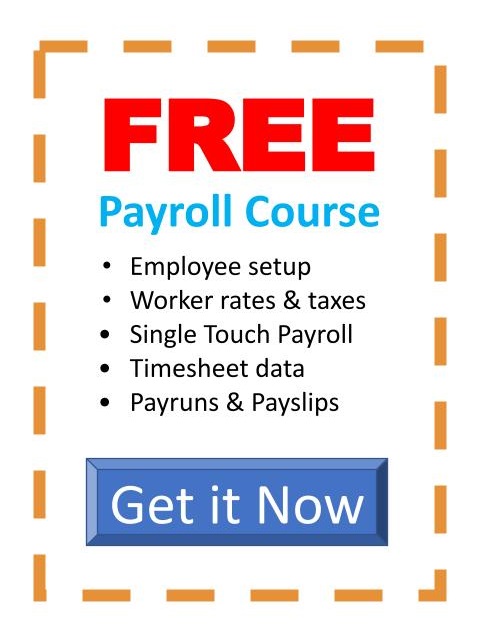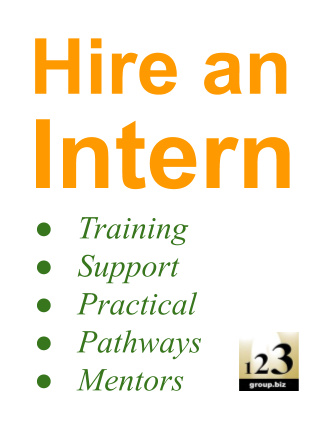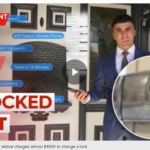The Different Kinds of Bookkeeping Professionals
If you dread having to prepare and maintain your financials and are spending way too much time on all of this, then you’re going to save time (and inevitably money) by hiring a professional to do it for you. But which bookkeeping professional do you need?
Let’s set the scene: One financial quarter ends and before you know it, the next has rolled around and come to its conclusion, only to find yourself facing the commensurate paperwork to do all over again.
But, as the business technician, your everyday, regular work and the keeping up with customers, putting out fires — all of that vital stuff from which you can’t suddenly abdicate — is taking all of your time and your bookkeeping is taking second, nay twenty-fifth, place and it’s all falling behind again — and half the time you’re not even sure you’re doing the books correctly.You need a bookkeeper, and not just any old bookkeeper, but a good one.
Bookkeeper, BAS agent, tax professional or accountant?
Even if you’re trained in how to use Xero, MYOB or Quickbooks, or some other cloud accounting program, finding a great bookkeeper who will actually show you how you can make savings can be quite challenging.
Nowadays, the term bookkeeper represents an array of financial professionals, from data entry clerk or junior level bookkeeper, through to higher level bookkeepers, to BAS agents and tax professionals, financial managers and specialised finance professionals, like ERP managers. Needless to say, all of these bookkeeping professionals have different levels of pay and experience dictating the value they bring to a business.
Some bookkeepers also specialise in certain kinds of software and are certified by these companies and in receipt of commissions from these companies. It’s worth investigating what this entails for you if this is so.
The steps to finding the right bookkeeper for your business
What kind of bookkeeper do you need?
The first step is to note what needs your business has. Do you make loads of business purchases and transactions every week? How many staff, if any, do you have working with you? Is yours a specialised industry? Are you registered for GST? Do you require a bookkeeper to work onsite at your premises or can they work remotely?
Look up local or remote bookkeepers
The National Bookkeeping Directory has a list of local and remote bookkeepers located all around Australia. You can browse through the registered bookkeepers and make a shortlist of potential bookkeepers. Word of mouth is another good source for finding bookkeepers, but every business has different requirements.
Check the TPB Register
Anybody who works as a BAS agent or tax agent is legally obligated to be registered with the Tax Practitioner’s Board (TPB). Therefore, if you require someone whose a registered BAS agent, you can first check the TPB Register.
Interview Your Preferred Bookkeepers
The final step is to contact your shortlist of potential bookkeepers and find out more about them and their services. Good questions to ask centre around how long they’ve been working as a bookkeeper, what sort of businesses they’ve been working with and what their expectations are of you. Ask them to provide you with a written quote You should also ask for a written quote for their services.
***
Need to refresh your bookkeeping knowledge?
Find out more about the benefits of one-to-one training as a supplement to an online training course
If you need to refresh your cloud accounting skills for MYOB, Xero or QuickBooks, we have the online training courses available to help you do this. We also have highly experienced and qualified bookkeepers able to train you face-to-face or remotely, anywhere in Australia.
Meet our Trainers
Click on the images below to read more about some of our qualified trainers.
























